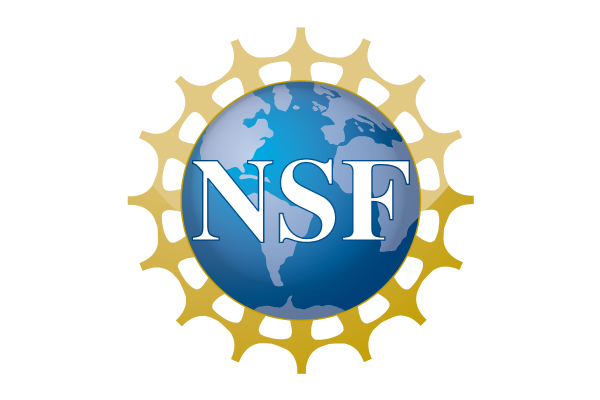National Science Foundation: Career-Life Balance Supplemental Funding Opportunity
Learn more about how NSF is supporting researchers with family responsibilities

Important dependent care and family obligations can pose hurdles for those seeking careers in science. For this reason, the U.S. National Science Foundation (NSF) has updated its Career-Life Balance (CLB) supplemental funding opportunity to better support its grantees who require flexibilities to participate in the scientific workforce.
NSF’s changes to its CLB opportunity are highlighted in a new letter, issued November 13. These CLB opportunities are extended to PIs (and co-PIs) of all active NSF grants and include an increase in the amount and duration of salary support.
CLB requests can cover a duration of up to six months and up to $30,000 in direct costs, salary compensation, or stipends for the purpose of supporting additional personnel (e.g., technicians, research assistants) to sustain research when:
- The PI or other senior research team member is on family leave for primary dependent care responsibilities and/or other direct family considerations; and
- While a postdoctoral researcher or graduate student being supported by NSF on the award is on family leave for primary dependent care responsibilities and other direct family considerations.
Support is also available to recipients of the Graduate Research Fellowship Program (GRFP) and postdoctoral fellowship awards for the same purposes.





APS regularly opens certain online articles for discussion on our website. Effective February 2021, you must be a logged-in APS member to post comments. By posting a comment, you agree to our Community Guidelines and the display of your profile information, including your name and affiliation. Any opinions, findings, conclusions, or recommendations present in article comments are those of the writers and do not necessarily reflect the views of APS or the article’s author. For more information, please see our Community Guidelines.
Please login with your APS account to comment.